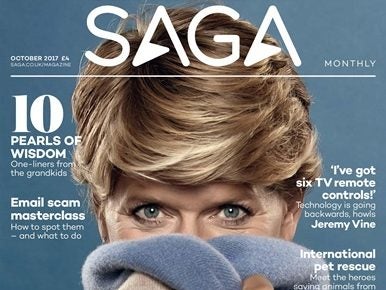
Most journalists say they never give PRs or interviewees advance sight of stories, according to a Press Gazette survey.
Some 314 voted in our Twitter poll:
- 57 per cent said they never give copy approval
- 22 per cent said yes, but only in extreme circumstances
- 12 per cent said yes, occasionally
- And 9 per cent said yes, they do it get the facts right.
Meanwhile, a parallel poll run by PR Week asked whether it is ever OK for PRs to seek copy approval.
Some 247 voted: 26 per cent said yes, 36 per cent said they would do so in exceptional cases and 38 per cent said ‘no’.
The survey comes after a row at Saga magazine where journalist Ginny Dougary asked for her byline to be taken off an interview with Clare Balding after the magazine sent the piece to the BBC presenter and the made changes, apparently without the writer’s consent.
The poll sparked a lively debate on Twitter.
Journalist Phil Mellow said: “No. Not even for ‘fact-checking’ since PRs always ask for changes that go beyond ‘facts’ (on the odd, disastrous, occasions I’ve succumbed).”
Matthew Leslie said: “No, You’re the reporter, not them.”
However, Ellis Whitehouse said: “Our policy is they can review all their quotes we’re going to use from them and check all facts, but we don’t allow viewing of full copy.”
Emmie Harrison said: “As a women’s magazine journalist: yes, always. To PR though, never – it’s their client’s story, not theirs.”
News reporters are generally told never to send stories out of the office prior to publication.
But exceptions are sometimes made, and a compromise can be that interviewees are just allowed to read their quotes to check accuracy.
More controversial is the practice whereby celebrities can insist on copy approval as the price of providing a publisher with an interview. Such demands can be accompanied by an insistence that a particular brand or product that the individual is promoting is included in the piece.
Email pged@pressgazette.co.uk to point out mistakes, provide story tips or send in a letter for publication on our "Letters Page" blog
